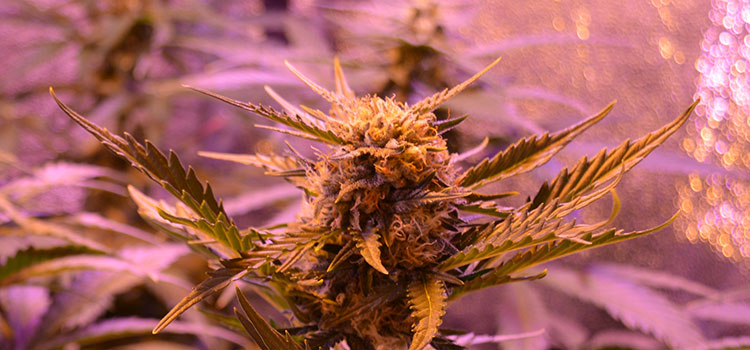“Worry about bad marijuana — not Big Marijuana,” reads the headline of a Brookings Institution report released last week. The report was written by John Hudak and Jonathan Rauch, both senior fellows in governance at Brookings.
The possibility of corporate cannabis lobbying has proven to be of concern for lawmakers and activists alike, though Hudak and Rauch take a stand against such alarmism in their latest report. Their report argues that, rather than worrying about a potential corporate marijuana takeover, lawmakers would be better served addressing consumer safety in a freshly legalized cannabis market.
According to the authors, corporatization often leads to more responsible business practices among peers. “The best regulation is the one that doesn’t need to be imposed, because reputational accountability or market pressures solved the problem first,” Hudak and Rauch wrote.
Ultimately, Hudak and Rauch compare the likely future of legal cannabis to that of alcohol — a regulatory model far displaced from the “notorious heyday” of Big Tobacco.
From the authors’ conclusions:
“The marijuana industry will remain a diverse one even as large corporations emerge. The Big Marijuana rubric is more misleading than helpful as a guide to policy because it oversimplifies and stereotypes what is in reality a continuum of business scales and structures. … Policy should concern itself with harmful practices, not with industry structure, and it should begin with a presumption of neutrality on issues of corporate size and market structure.”
The looming ‘Big Marijuana’ threat has become one of the last defensible arguments that prohibitionists rely on in their fight against cannabis law reform — these findings, however, may prove to dismantle that argument.
